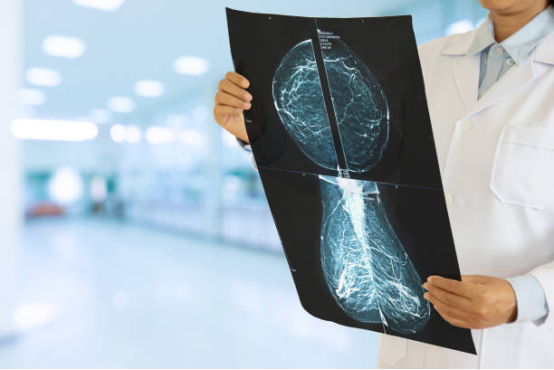The Evolution of HER2-Positive Breast Cancer Treatment: A New Era of Targeted Therapies
HER2-positive breast cancer, which affects approximately 20-25% of breast cancer patients, was historically linked to poor prognoses due to its aggressive nature. However, the development of targeted therapies has significantly changed the treatment landscape, leading to improved survival rates and better disease management.
HER2-positive breast cancer, which affects approximately 20-25% of breast cancer patients, was historically linked to poor prognoses due to its aggressive nature. However, the development of targeted therapies has significantly changed the treatment landscape, leading to improved survival rates and better disease management.

Advancements in Targeted Treatment
Targeted therapies disrupt the HER2 protein’s signaling pathways, preventing cancer cells from growing while minimizing harm to normal cells. This approach has proven more effective and tolerable than conventional chemotherapy.
Key Therapeutic Agents
Trastuzumab and pertuzumab are two major targeted treatments for HER2-positive breast cancer. Trastuzumab inhibits HER2-driven cancer growth, while pertuzumab provides additional receptor blockade, enhancing treatment effectiveness when used in combination.
Challenges and Future Innovations
While targeted therapies have been highly successful, some patients develop resistance over time. Researchers are actively developing next-generation HER2 inhibitors and exploring novel treatment combinations, such as integrating targeted therapy with immunotherapy, to address this challenge.
Conclusion
The introduction of targeted therapies has revolutionized HER2-positive breast cancer treatment, providing hope for better patient outcomes. With ongoing research focused on overcoming resistance and enhancing efficacy, the future of HER2-positive breast cancer treatment remains bright.